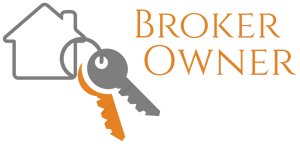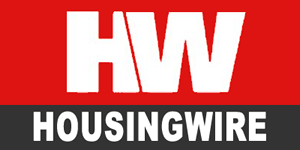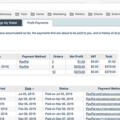Mortgage Rates Are Increasing Again—So Why Did More People Apply for Home Loans?
Although mortgage rates now stand higher than they did just a couple months ago, more people are applying for loans to buy homes.
The 30-year fixed-rate mortgage averaged 3.75% during the week ending Nov. 14, up six basis points from the previous week, Freddie Mac reported Thursday. Last week, mortgage rates had fallen after three straight weeks of increases.
Still, mortgage rates remain much lower than where they stood a year ago. During this same week last year, the 30-year fixed-rate mortgage averaged 4.94%.
The 15-year fixed-rate mortgage rose seven basis points to an average of 3.2%, according to Freddie Mac. The 5/1 adjustable-rate mortgage averaged 3.44%, ticking up five basis points from a week ago.
Mortgage rates generally track the direction of the 10-year Treasury note. Though the 10-year Treasury yield has fallen over the past few days, it remains at its highest level since September thanks to a brightening outlook for the economy.
“The modest uptick in mortgage rates over the last two months reflects declining recession fears and a more sanguine outlook for the global economy,” Sam Khater, Freddie Mac’s chief economist, wrote in the report. “Due to the improved economic outlook, purchase mortgage applications rose 15% over the same week a year ago, the second highest weekly increase in the last two years.”
Despite the fact that mortgage rates have risen in four of the last five weeks — which makes buying a home a relatively more expensive proposition — interest in buying a home does appear to be increasing.
The most recent mortgage application data from the Mortgage Bankers Association showed a 9.8% increase week-over-week in mortgage application volume. While that uptick was mostly led by refinances, it did reflect a 5% increase in applications for home purchase loans.
But as mortgage rates remain under 4%, a new risk for home buyers could emerge. So many homeowners today have a mortgage with an interest rate that begins with a “3.”
As a result, these people may not feel as inclined to sell and buy a newer, larger home in the years to come if mortgage rates increase markedly, according to Odeta Kushi, deputy chief economist for title insurance firm First American Financial Corporation.
For buyers, that so-called “lock-in effect” could significantly decrease the number of homes for sale in the months and even years to come, making it harder and more expensive to find a home to purchase.






